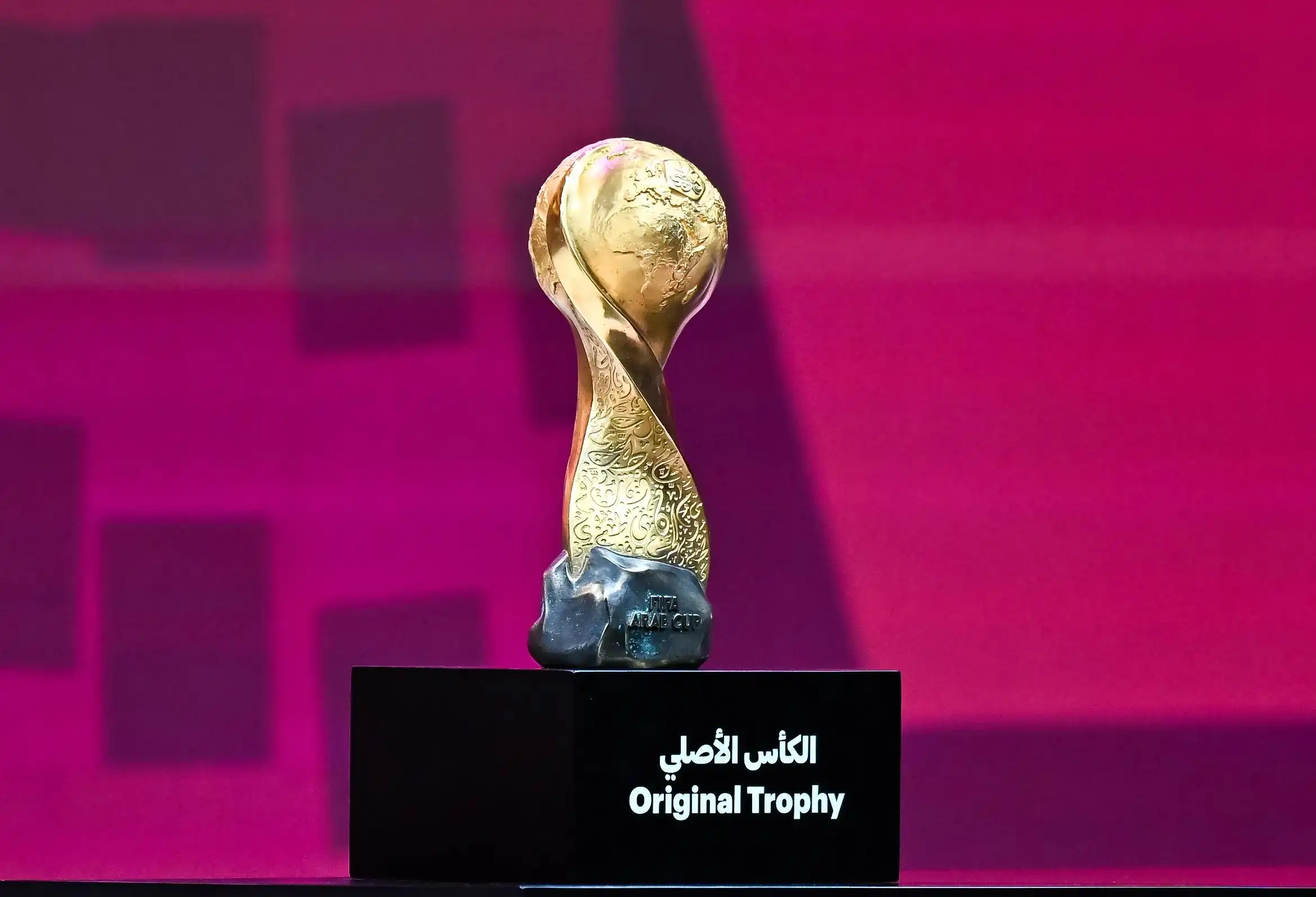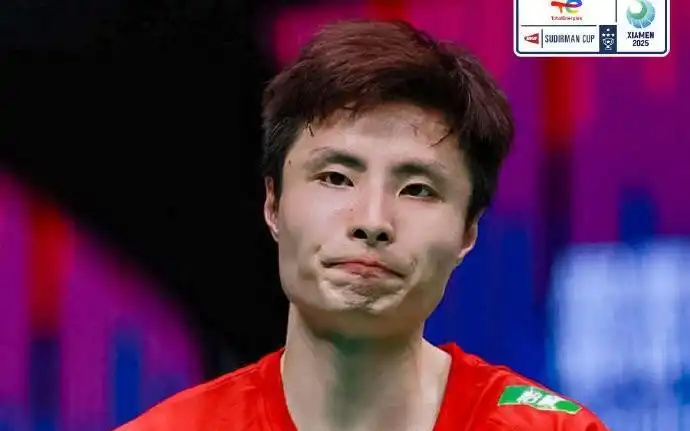When and where is the FIFA Arab Cup Qatar 2025?
Dates
The second edition of the FIFA Arab Cup will take place in Qatar from 1 to 18 December 2025.
Host cities and schedule
Six venues will play host to the regional showpiece. These stadiums were all used during the FIFA World Cup™ three years ago.
As was the case during Qatar 2022, Al Bayt Stadium will play host to the tournament opener while the magnificent Lusail Stadium will be the venue for the final.
FIFA Arab Cup Qatar 2025 teams
Sixteen nations, drawn from both the AFC and CAF, will contest the final tournament.
Qatar, as the host nation, as well as the defending champions Algeria along with the seven highest-ranked nations at the time of the draw all qualified automatically.
The remaining seven slots will be filled through a series of single-leg qualification matches to take place in Qatar in November.
Qualified teams (9/16)
Qatar (hosts), Algeria (defending champion), Egypt, Iraq, Jordan, Morocco, Saudi Arabia, Tunisia, United Arab Emirates
Qualification matches
Oman v Somalia
Bahrain v Djibouti
Syria v South Sudan
Palestine v Libya
Lebanon v Sudan
Kuwait v Mauritania
Yemen v Comoros
Tournament format
The nine automatic qualifiers will be joined by the seven qualification winners and were slotted in four groups of four at the tournament draw, which was held in Doha on 25 May.
Group A: Qatar, Tunisia, Syria/South Sudan, Palestine/Libya
Group B: Morocco, Saudi Arabia, Oman/Somalia, Yemen/Comoros
Group C: Egypt, Jordan, United Arab Emirates, Kuwait/Mauritania
Group D: Algeria, Iraq, Bahrain/Djibouti, Lebanon/Sudan
The top two teams in each group will qualify for the knockout stage, consisting of the quarter-finals, semi-finals and the final. Lusail Stadium will host the decider on 18 December.
Group-stage tiebreakers
If two or more teams in the same group are equal on points after the completion of the group stage, the following criteria, in the order below, shall be applied to determine the ranking:
Step 1:
a) greatest number of points obtained in the group matches between the teams concerned; b) superior goal difference resulting from the group matches between the teams concerned; c) greatest number of goals scored in all group matches between the teams concerned;
Step 2:
If two or more teams in the same group are equal on the basis of the above three criteria, their rankings will be determined as follows:
d) superior goal difference in all group matches; e) greatest number of goals scored in all group matches; f) highest team conduct score (players and team officials) relating to the number of yellow and red cards obtained: – yellow card: minus one point – indirect red card (as a result of two yellow cards): minus three points – direct red card: minus four points – yellow card and direct red card: minus five points.
If no decision can be made through the procedures of steps 1 and 2, the following shall apply:
g) the two or more teams still equal on points shall be ranked according to the most recent published edition of the FIFA/Coca-Cola Men’s World Ranking;
h) the two or more teams still equal on points shall be ranked according to the published edition of the FIFA/Coca-Cola Men’s World Ranking immediately preceding the most recent published edition continually until a decision can be made.
Extra time and penalties
In the qualification stage, if a match is level at the end of normal playing time, no extra time shall be played and penalties will be used to determine the winner. In the knockout stage of the final stage, if a match is level at the end of normal playing time, extra time and, if required, penalties will take place.
Previous champions
2021: Algeria



